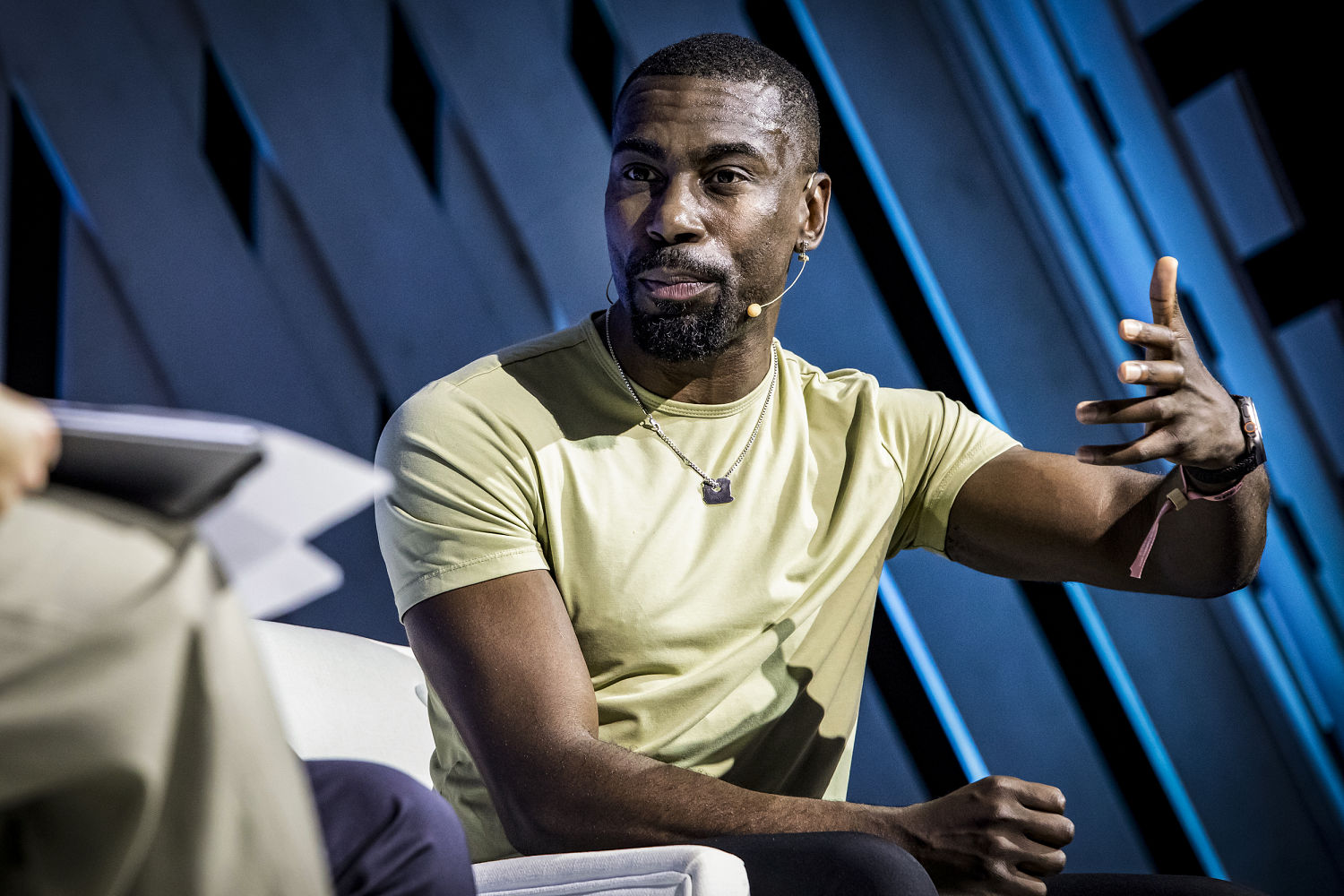Supreme Court rejects BLM activist’s bid to evade police officer’s lawsuit


WASHINGTON — Rejecting an appeal brought by Black Lives Matter activist DeRay Mckesson, the Supreme Court on Monday skipped deciding whether the leader of a demonstration can be sued for an injury to a police officer caused by another protester.
Mckesson, who was leading a protest in Baton Rouge in July 2016 following the police killing of a Black man, faces a lawsuit from an officer who was hit in the head by a rock or piece of concrete thrown by an unidentified person.
The protest was sparked by the death of Alton Sterling after an altercation outside a convenience store where he was selling CDs.
Mckesson, who is represented by the American Civil Liberties Union, says his actions leading the protest are protected under the Constitution’s First Amendment, which guarantees both free speech and the right to assemble.
No justices dissented from the court’s decision not to hear the case, but liberal Justice Sonia Sotomayor wrote a statement explaining why the court did not need to intervene. She mentioned a recent Supreme Court ruling raising some of the same issues that could benefit Mckesson as the litigation continues.
The court’s refusal to hear the case “expresses no view about the merits of Mckesson’s claim,” she added.
Mckesson’s lawyers indicated that they expect him to ultimately prevail in lower courts, even if they would have preferred the Supreme Court end the case now.
“The goal of lawsuits like these is to prevent people from showing up at a protest out of the fear that they might be held responsible if anything happens. But people don’t need to be afraid to show up. The Constitution still protects our right to protest,” Mckesson said in a statement.
The officer says Mckesson was negligent under Louisiana law by failing to foresee that the protest could lead to violence. The lawsuit alleged that the officer lost teeth and suffered a brain injury.
The case has already bounced around the courts. Initially, a federal judge ruled in 2017 that Mckesson could not be sued, but the New Orleans-based 5th U.S Circuit Court of Appeals overturned that finding.
Mckesson appealed to the Supreme Court, leading to a detour in the litigation as the justices ordered further analysis on whether Louisiana law even allowed for a claim like the one the officer was bringing.
The Louisiana Supreme Court was asked to weigh in on the state law question and confirmed that the claim could be brought. The appeals court in 2022 then reaffirmed that the officer’s lawsuit could move forward, prompting Mckesson to turn to the U.S. Supreme Court for a second time.
Among other things, the appeals court said the officer had plausibly alleged that Mckesson helped create an unsafe situation by assembling outside the police station, failing to take any action to prevent looting, and leading the protesters onto a public highway, which is illegal in Louisiana.
Lawyers for the unnamed officer say that the First Amendment “does not protect against tort liability for the reasonably foreseeable consequences of one’s own negligent, illegal and dangerous activity.”
Mckesson has been a key figure in the Black Lives Matter movement, which has strongly criticized overly aggressive policing against Black people.







